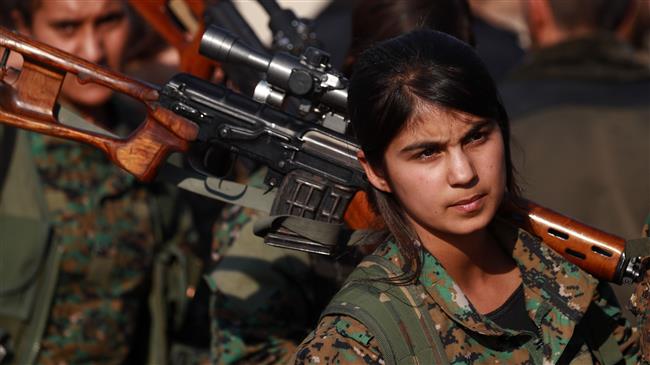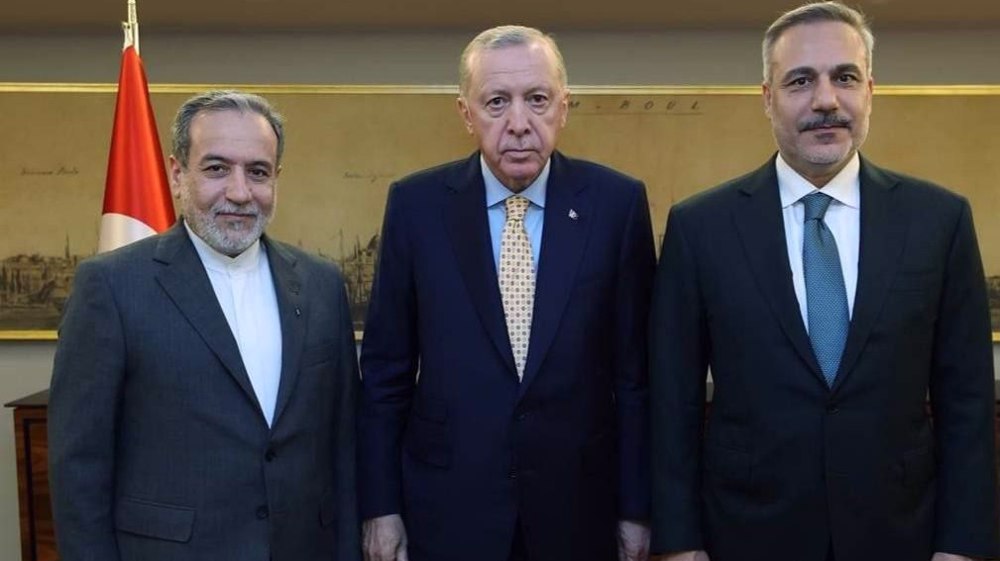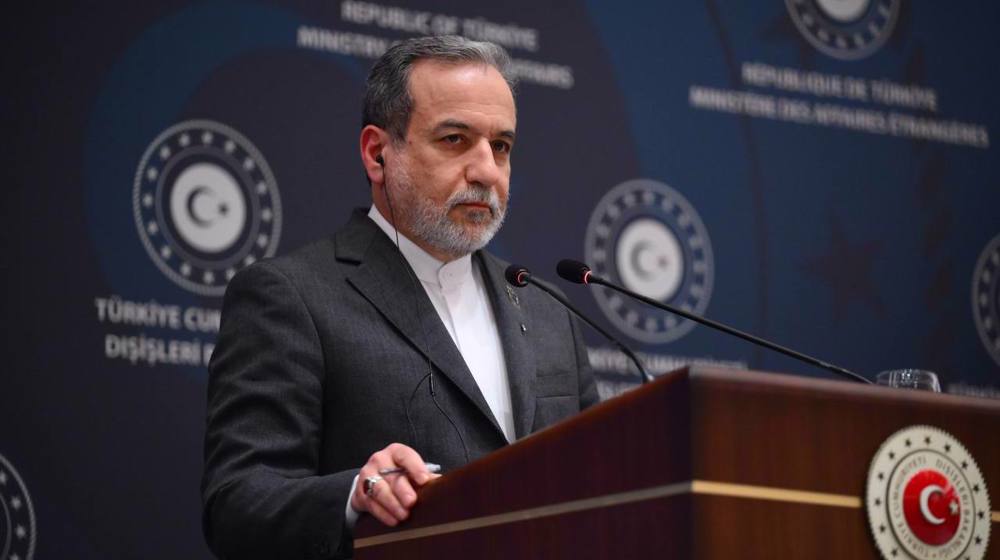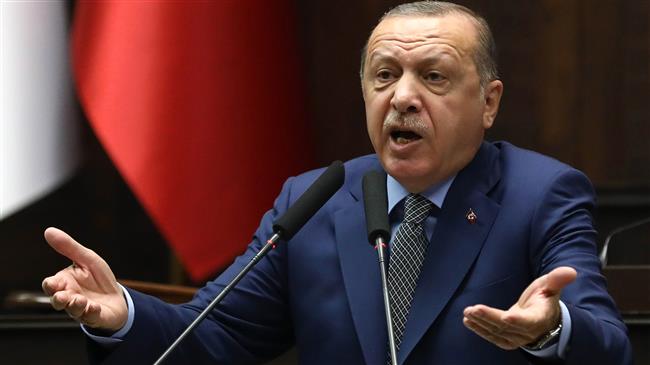Ankara uneasy about US plan for 'observation posts' on Syria border: Turkish minister
Turkey has expressed its strong dissent against Washington's plan to establish “observation posts” in northern Syria, along parts of its border with the Anatolian country, in a purported attempt to help prevent clashes between Turkish government troops and those armed Kurdish militia supported by the United States.
Turkish Defense Minister Hulusi Akar said on Saturday, “I am of the opinion that these measures will only complicate further an already complicated situation.”
“We have told our American counterparts about our unease several times,” the state-run news agency Anadolu further quoted the minister as saying.
He also stressed that he had recently raised the issue with head of the US Joint Chiefs of Staff Joe Dunford.
Earlier this month, Turkey's Foreign Minister Mevlut Cavusoglu lambasted as a “big mistake” the US support for the Syrian Kurdish militants of the People's Protection Units (YPG), warning that the matter has strained relations between the two NATO allies.
Washington has infuriated Ankara by announcing a plan for the formation of a Kurdish militant force in Syria near the Turkish border.
The plan prompted Turkey to launch a cross-border military operation on January 20 inside the Arab country, code-named Operation Olive Branch, with the declared aim of eliminating the YPG militants from northern Syria, particularly Afrin region.
The YPG forms the backbone of the so-called Syrian Democratic Forces (SDF), an anti-Damascus alliance of predominantly Kurdish militants supported by the US.
Ankara views the YPG as a terrorist organization and the Syrian branch of the outlawed Kurdistan Workers’ Party (PKK), which has been fighting for an autonomous region inside Turkey since 1984.
Akar’s comments came three days after US Defense Secretary Jim Mattis said that Washington wanted the so-called observation posts to help minimize tensions between the Turks and US-backed SDF forces in the purported fight against the Takfiri Daesh terrorist group.
He said on Wednesday that the US move was aimed at ensuring that the two sides “are not drawn off that fight.”
“They will be very clearly marked locations day and night so that the Turks know where they're at," Mattis added, claiming that the decision was taken in close cooperation with Ankara.
However, The Turkish defense minister urged Washington to halt support for the YPG, stressing that the so-called observation posts would serve no use.
Turkey “will not hesitate to take the necessary measures on the other side of its borders to face up to the risks and threats which could result,” Akar added.
The Syrian government has given a degree of authority to the Kurdish regions to run their own affairs. The US, however, has used the power vacuum to establish a foothold in those regions with the help of militants.
However, Ankara is strongly against recognizing the territory on its border, fearing it will stoke the separatist ambitions of Kurds in Turkey.
“Nobody should doubt that the Turkish Armed forces and the Republic of Turkey will take the necessary steps against all kinds of risks and threats from across its borders,” Akar further said.
Ankara, one of Washington's key allies in the region, has repeatedly questioned the US deployment of heavy weapons in Syria despite the defeat of Daesh in much of the Arab country.
Earlier this year, Turkish President Recep Tayyip Erdogan threatened to push Turkey's Afrin offensive against the YPG militants eastward to Manbij, where American forces are stationed, risking a confrontation between the NATO allies.
Syria has strongly denounced the presence of Turkish and US troops around Manbij.
A US-led military coalition has been conducting airstrikes against what are said to be Daesh targets inside Syria since September 2014 without any authorization from the Damascus government or a UN mandate.
The military alliance has repeatedly been accused of targeting and killing civilians. It has also been largely incapable of achieving its declared goal of destroying Daesh.
UK engaged in 'systematic' suppression of pro-Palestine voices: Report
Hundreds of Greeks protest US warship arrival in Crete
Iran warns Trump against decisions based on false information
Iran embassy rejects 'fabricated' French reports on domestic affairs
Trump’s military buildup against Iran on Netanyahu’s behalf is a gambit doomed to fail
Iran dismisses US 'big lies' on nuclear, missile programs
CIA‑founded NGO admits deploying Starlink satellites for Iran riots
VIDEO | French comedian targeted by Rothschild and Epstein for his shows on Palestine














 This makes it easy to access the Press TV website
This makes it easy to access the Press TV website